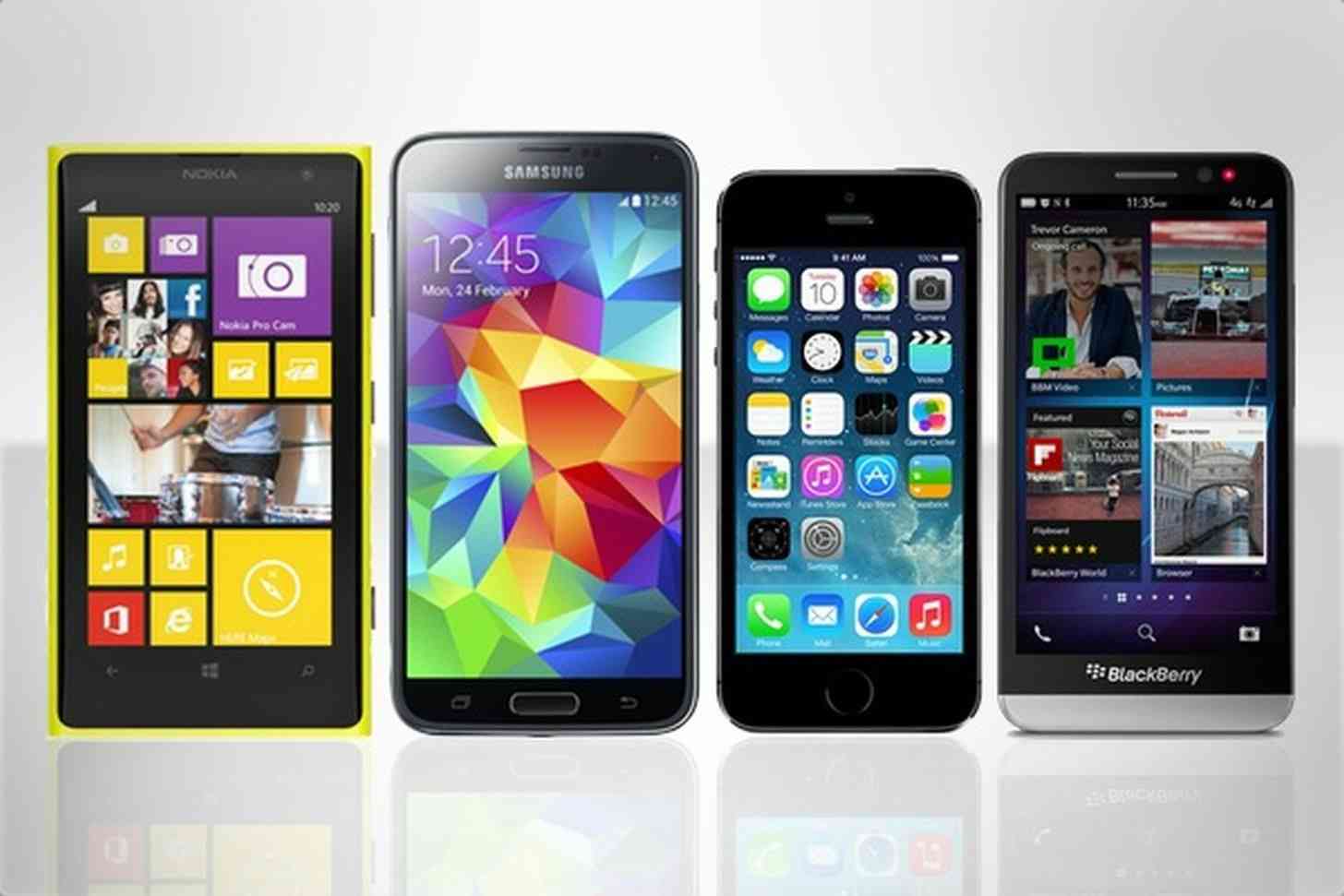
Every year big changes come to the mobile industry in multiple ways. You have the necessary hardware refresh, both in design and in new specifications, and you also have the software refresh. Every year each platform goes through multiple changes throughout their respective user interfaces. It’s only February, but we already have so much to look forward to when it comes to prospective updates for our four major operating systems.
I’m just going to come right out and say it: I think that Windows Phone has, in the very least, the biggest potential to leave the biggest impact this year. Unlike Google and Apple’s operating systems, Microsoft is arguably teetering on a very fine line. I’ve expressed recently that I thought that Windows 10 for phones will be Microsoft’s last chance at success in the smartphone industry, but I also think that Windows 10 for phones also has the biggest potential to put Windows Phone on the map - you know, really on the map. Not hanging out somewhere towards the bottom of the market share reports, where it currently is.
I’m not expecting too much when it comes to the remaining three major platforms.
According to reports, we’re expecting to see Apple focus on performance boosts with the release of iOS 9 rather than focusing on new or innovative features. It’s a good choice, as maintaining performance is certainly a key component to the longevity of a device’s life, but unless there’s something huge that Apple is hiding for the release of iOS 9 I don’t see it having the same conceivable impact that Windows 10 for phones is striving to achieve at this point.
As for Android, I feel like it will be a few years before I become as impressed with updates as I have been in the past. Between Android versions Gingerbread and Jelly Bean, something really clicked with Android. I no longer had nearly as many performance issues, battery life was drastically improved upon, and the overall redesign and features added were quite impressive from the Androids I had previously owned. Since Jelly Bean, though, I’ve noticed minor improvements, but nothing as drastic. The design continuously becomes flatter (and, in my opinion, more boring) and performance steadily increases with each release. It feels like Android has a solid consistency when it comes to their updates now, but that’s likely because they’re already exactly where they need to be. Long story short: Android has already had its heyday when it comes to making a huge impact.
Finally, we come to BlackBerry. I have to admit that I was impressed with BlackBerry’s hardware releases last year. The Passport surprised me with how popular it was compared to other BlackBerry 10 devices; I fully expected the bizarre design of the device to flop. Obviously I was wrong. But as impressive as their hardware might have been, the actual user interface of BlackBerry 10 could still use improvements in order to reach a broader audience. Will this be the year that BlackBerry 10 takes the cake? It’s possible - and it needs to happen at some point - but compared to the big plans that Microsoft has for Windows Phone, I don’t think that this will be BlackBerry’s year.
In conclusion, it would seem like Microsoft is going to be this year’s shining star. Windows Phone has needed a few major changes for quite some time now, and I hope that this major software upgrade is just the boost it needs to bring Windows Phone out of the shadows that it’s been hiding in for so long. I still stand by my thoughts that the platform has a ton of potential, it just needs to be put into motion.
Readers, what are your thoughts or hopes when it comes to the platform that you think will make the biggest impact? What changes are you hoping to see in your favorite operating systems? Let us know in the comments below!